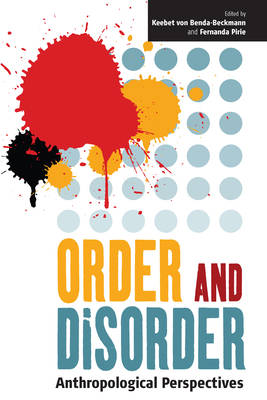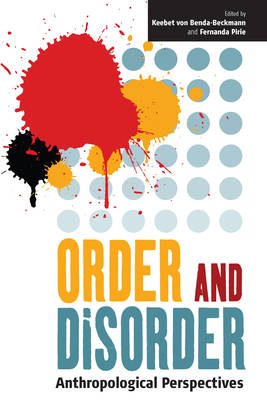
- Retrait gratuit dans votre magasin Club
- 7.000.000 titres dans notre catalogue
- Payer en toute sécurité
- Toujours un magasin près de chez vous
- Retrait gratuit dans votre magasin Club
- 7.000.0000 titres dans notre catalogue
- Payer en toute sécurité
- Toujours un magasin près de chez vous
Order and Disorder
Anthropological Perspectives
Description
Disorder and instability are matters of continuing public concern. Terrorism, as a threat to global order, has been added to preoccupations with political unrest, deviance and crime. Such considerations have prompted the return to the classic anthropological issues of order and disorder. Examining order within the political and legal spheres and in contrasting local settings, the papers in this volume highlight its complex and contested nature. Elaborate displays of order seem necessary to legitimate the institutionalization of violence by military and legal establishments, yet violent behaviour can be incorporated into the social order by the development of boundaries, rituals and established processes of conflict resolution. Order is said to depend upon justice, yet injustice legitimates disruptive protest. Case studies from Siberia, India, Indonesia, Tibet, West Africa, Morocco and the Ottoman Empire show that local responses are often inconsistent in their valorization, acceptance and condemnation of disorder.
Spécifications
Parties prenantes
- Editeur:
Contenu
- Nombre de pages :
- 184
- Langue:
- Anglais
- Collection :
Caractéristiques
- EAN:
- 9781845451981
- Date de parution :
- 01-02-08
- Format:
- Livre relié
- Format numérique:
- Genaaid
- Dimensions :
- 152 mm x 229 mm
- Poids :
- 417 g

Les avis
Nous publions uniquement les avis qui respectent les conditions requises. Consultez nos conditions pour les avis.





